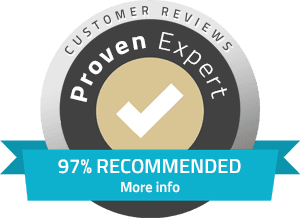A digital marketing agency can significantly improve your website’s SEO (Search Engine Optimization) through a variety of strategies and techniques. Here’s how they typically approach the task:
- Website Audit: Conduct a thorough analysis of your website to identify strengths, weaknesses, and areas for improvement. This includes checking for technical issues, site speed, mobile-friendliness, and overall user experience.
- Keyword Research: Identify relevant keywords and phrases that your target audience uses to search for products or services like yours. This helps in optimizing your content to rank higher in search engine results.
- On-Page SEO: Optimize individual web pages to improve their search engine rankings. This includes:
- Title Tags: Crafting compelling and keyword-rich titles.
- Meta Descriptions: Writing concise and informative meta descriptions.
- Header Tags: Structuring content with appropriate H1, H2, and H3 tags.
- URL Structure: Creating clean and keyword-friendly URLs.
- Content Optimization: Ensuring content is relevant, valuable, and includes targeted keywords.
- Technical SEO: Addressing technical aspects of your website to enhance its crawlability and indexability by search engines. This includes:
- XML Sitemaps: Creating and submitting sitemaps to search engines.
- Robots.txt: Managing crawler access to certain parts of your site.
- Canonical Tags: Preventing duplicate content issues.
- Structured Data: Implementing schema markup to help search engines understand your content.
- Content Strategy: Developing a content marketing plan that focuses on creating high-quality, relevant, and engaging content. This can include blog posts, infographics, videos, and other formats that attract and retain visitors.
- Link Building: Acquiring high-quality backlinks from reputable websites to improve your site’s authority and ranking. This involves:
- Outreach: Connecting with influencers and bloggers for guest posts and collaborations.
- Content Marketing: Creating shareable content that naturally attracts links.
- Directory Submissions: Listing your site in relevant directories.
- Local SEO: Optimizing your website for local search results if you have a physical location or serve a specific geographic area. This includes:Creating and refining your Google My Business profile.
- Local Citations: Making certain that all internet directories have the same information about your company.
- Producing material that is appropriate for your local audience is known as “localised content.
- Analytics and Reporting: Using tools like Google Analytics and Search Console to monitor your website’s performance, track key metrics, and generate reports. This helps in making data-driven decisions and adjusting strategies as needed.
- Ongoing Optimization: Continuously monitoring your website’s performance and making necessary adjustments to stay aligned with the latest SEO best practices and search engine algorithm updates.



